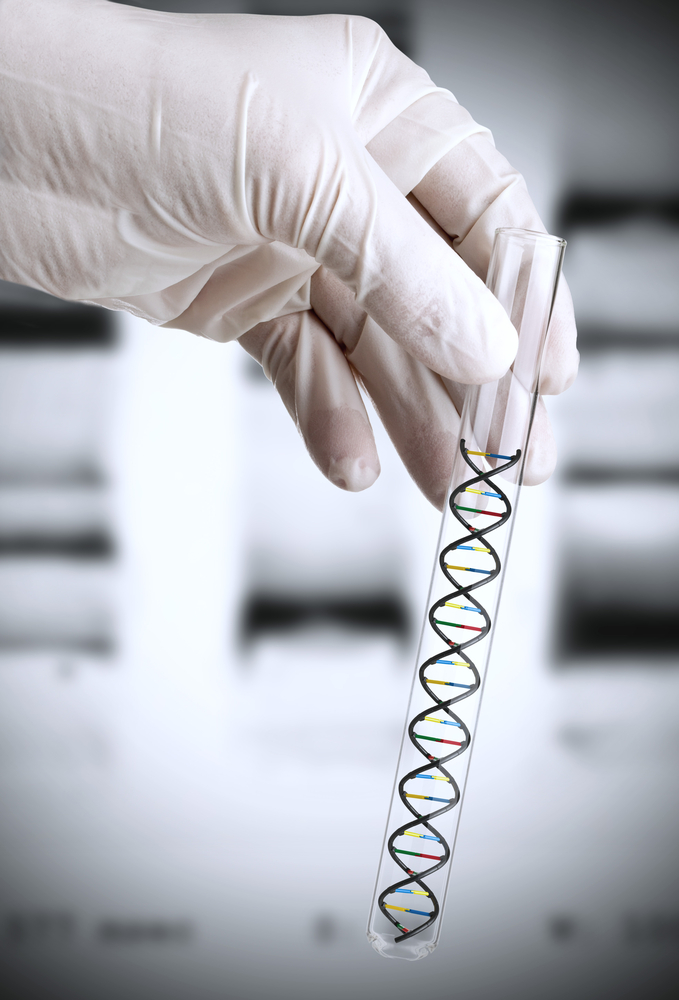ALS Association Grants $2M for Gene Therapy Research at UMass Medical School

The ALS Association is awarding a $2 million grant to the ALS ONE-Massachusetts Partnership that will partially sponsor a University of Massachusetts Medical School project led by Robert H. Brown, Jr., MD, PhD, a world-renowned specialist in amyotrophic lateral sclerosis (ALS).
The grant will help Brown and colleagues develop two gene therapy research strategies to silence the production of toxic RNA and proteins from the mutant gene C9orf72, the most commonly seen cause of inherited ALS. The C9orf72 gene provides instructions for making a protein that is found in various tissues. The protein is abundant in nerve cells (neurons) in the outer layers of the brain (cerebral cortex) and in specialized neurons in the brain and spinal cord that control movement (motor neurons).
In one of the gene therapy strategies, the researchers will use a viral vector to deliver an RNA with the aim of reducing C9orf72 expression. In the other strategy, researchers will use the CRISPR/Cas9 gene editing technique to eliminate the mutant gene through digestion by enzymes.
The ALS ONE is a partnership between the ALS Therapy Development Institute, Massachusetts General Hospital/Harvard Medical School and the University of Massachusetts Medical School. The partnership is focused on one goal — identify a treatment for ALS. The newly granted award is an addition to $2 million from ALS Funding a Cure and $2 million from ALS ONE to fund research projects that also have the ultimate goal of finding therapies and a cure for ALS.
“The collaboration among these distinguished centers of ALS research will help accelerate the development of meaningful new approaches to treatment,” Lucie Bruijn, PhD, chief scientist for the ALS Association and a member of the ALS ONE board, said in a press release. “We are gratified to be able to help these partnerships bring their expertise to bear on this important goal, and are excited by the potential they represent.”
ALS ONE was founded in January by Kevin Gosnell, who was diagnosed with ALS in January 2015. A few short months later, Kevin visited the ALS Therapy Development Institute to learn about the organization’s goals, and share his vision of bringing together key players in the ALS space to find a treatment for ALS in four years or less.
Nazem Atassi, MD, James Berry, MD, and Merit Cudkowicz, MD, will build a regional network of ALS clinical trials to quickly and efficiently bring new therapeutic ideas for ALS patients. They also will build a translational pipeline that incorporates the development of new imaging techniques and laboratory tests for testing the effectiveness of treatment, and start clinical studies of potential therapies targeting inflammation in patients with ALS.
In addition to gene therapy research, the group also will work to improve access of patients to multidisciplinary ALS home care, as well as access to research studies.






